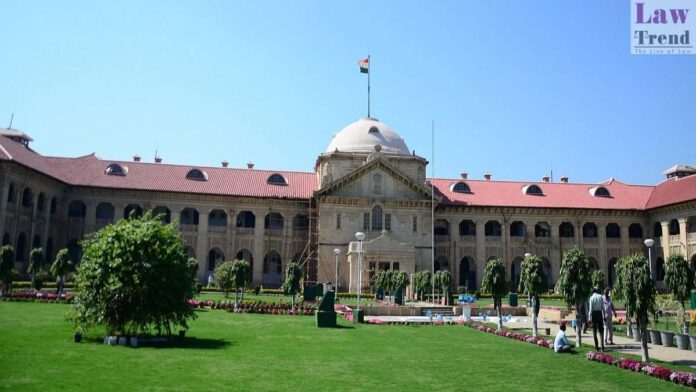The Allahabad High Court has ruled that a police report (charge-sheet) filed in connection with a non-cognizable offence must be deemed a “complaint” under the Bharatiya Nagarik Suraksha Sanhita (BNSS), 2023. The Court held that a Magistrate errs in taking cognizance of such matters as a “State case” under Section 210(1)(b) of the BNSS, rather
To Read More Please Subscribe to VIP Membership for Unlimited Access to All the Articles, Download Available Copies of Judgments/Order, Acess to Central/State Bare Acts, Advertisement Free Content, Access to More than 4000 Legal Drafts( Readymade Editable Formats of Suits, Petitions, Writs, Legal Notices, Divorce Petitions, 138 Notices, Bail Applications etc.) in Hindi and English.




